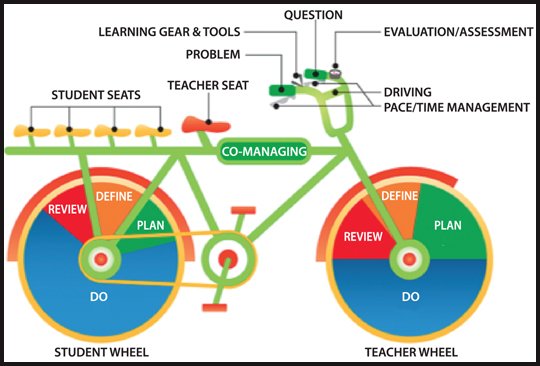This blog’s great for giving me a place to explore various thoughts and ideas about the world we live in and the ideas I come across. And sometimes it’s just useful as a place to mark things that I’m thinking about.
Here’s one of the latter:-
Empirically, digital worlds are humanity's largest frontier. The average American now spends more than half their waking hours looking at screens. Meanwhile, the frontiers of the physical world haven't changed much since 1969. https://t.co/WADmNgkDRS
— Fred Ehrsam (@FEhrsam) January 5, 2019
There have been plenty of comments likening the growth of the cryptocurrency industry to the Gold Rush in the US in the first part of the Nineteenth Century. It’s been a common refrain that the real riches in the mania were earned by those selling the picks and shovels, as opposed to the prospectors seeking the gold itself (often unsuccessfully). In investment terms, it’s known as the pick-and-shovel play: invest in the underlying technology needed to produce a good or service rather than the final output.
There are parallels with crypto: just take a look at the money that the Exchanges have been pulling in as an example (see Coinbase and Binance revenues).
But, as is often the case, perhaps the money is actually a distraction here. The wider narrative is that the realm of human experience is actually expanding far faster than we can explore – via an exponential explosion in the number of digital (as opposed to physical) connections that surround us. Cryptocurrency is acting as a signpost, the honey in a sense that will attract the coming billions. But just as importantly, it’s a necessity for that new world to function. Hence the early stages of mania we’ve seen so far: it’s impossible to believe that a currency that has demonstrated itself to be uncensorable and self-sovereign will not be kept alive by humans who value such features.
Because the headline-grabbing (at least in the early days) story of using your Bitcoin to buy beer and bread really isn’t the point here. With the broadening of our digital horizons, we’re seeing markets emerge everywhere. And as humans are building out each of those ‘everywheres’, we’ll soon be able to live more fully inside them (for better or worse) because of the valuable rewards that are now available to those who carry out the hard graft building these new digital worlds.
Fifty years ago, it was all about the Race For Space. But today the picture has changed. It’s much more of a race to build out the space that connects us all via our mobiles and laptops. And being able to pay someone to do the heavy lifting changes that equation forever.

